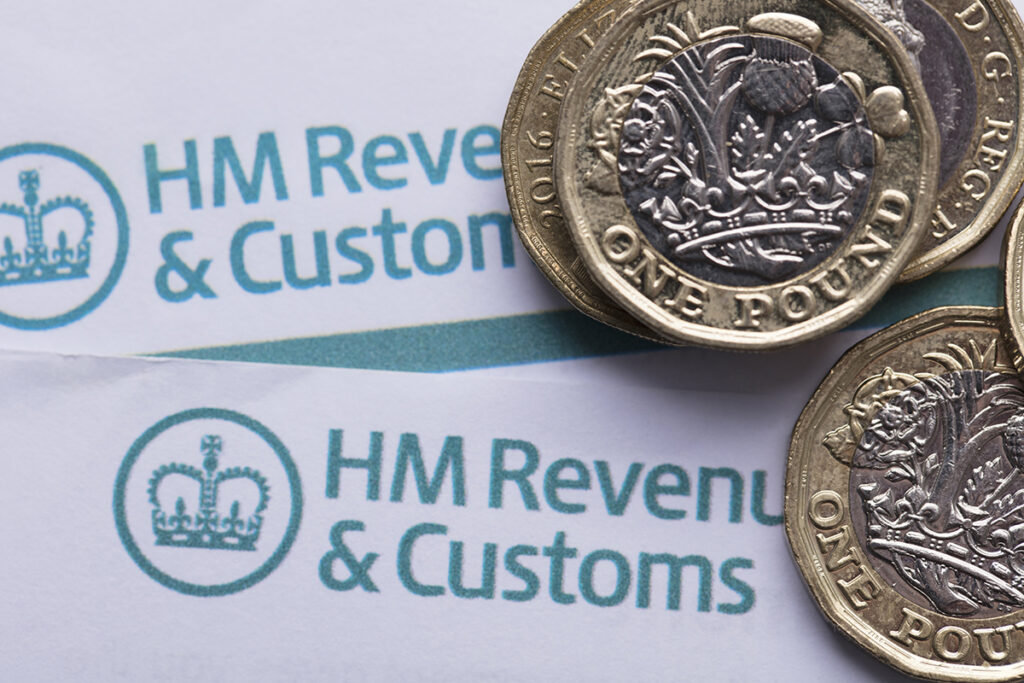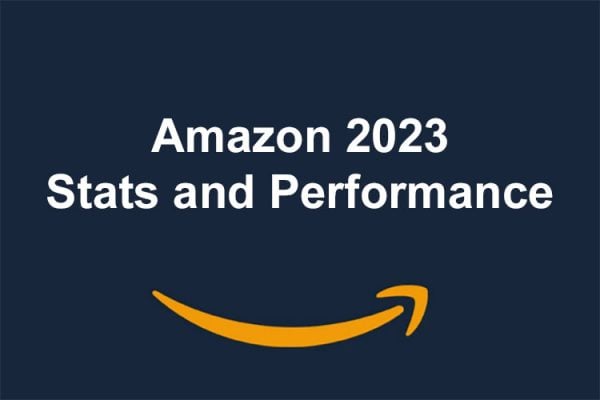Normally the Chancellor’s budget statement comes and goes and no one is really interested. A slightly higher personal allowance, some tweaks to things like Corporation tax, some inheritance tax changes – These are things we expect and generally take in our stride. Today however, marketplace sellers will want to know if a UK Digital Services Tax is to go ahead and if so what will the impact on their businesses be?
What is the UK Digital Services Tax?
The UK Digital Services Tax has been known about for some time and is essentially intended to be a tax on large international tech firms who trade offshore but profit from UK sales and services. In particular it’s intended to target social media platforms, search engines and online marketplaces. There is an exemption from the online marketplace definition for financial and payment services providers.
Unless the new Chancellor decides to scrap a UK Digital Services Tax at the 11th hour, from the 1st of April 2020, the government will introduce a new 2% tax on the revenues of large tech firms which derive profits from UK users.
The UK Digital Services Tax will apply to businesses that provide a social media platform, search engine or an online marketplace to UK users when the group’s worldwide revenues are more than £500m and more than £25m of these revenues are derived from UK users at a rate of 2%. There is an allowance of £25m, which means a group’s first £25m of revenues derived from UK users will not be subject to Digital Services Tax.
Revenues are derived from UK users if the revenue arises by virtue of a UK user using the platform. However, advertising revenues are derived from UK users when the advertisement is intended to be viewed by a UK user. This for instance could include a merchant in the US paying for Amazon Sponsored Products or eBay Promoted Listings to promote offers to UK sellers.
Where one of the either the buyer or seller for a transaction on an online marketplace is a UK user, all the revenues from that transaction will be treated as derived from UK users. However, the revenue charged will be reduced to 50% of the revenues from the transaction when the other user in respect of the transaction is normally located in a country that operates a similar tax to the Digital Services Tax (e.g. France).
What could be the impact for UK merchants selling on marketplaces?
We’ve already seen Amazon instantly hike their fees in France due to the French Digital Tax. With a 3% tax applied in France Amazon simply passed this tax on to merchants by raising their fees leaving small businesses with no option other than to pass the cost on to their customers. From the 1st of April, Amazon are also hiking their referral fees in Italy due to an Italian 3% Digital Tax.
One can only expect that the impact of a UK Digital Services Tax would result in marketplace fees in the UK rising in a similar manner which will impact every marketplace seller including all small businesses.
Does anyone thing a UK Digital Services Tax is a good idea?
eBay are on the record as thinking a UK Digital Services Tax is a terrible idea and Rob Hattrell, VP eBay UK wrote a letter in The Times this week calling for an international corporate taxation solution, rather than national measures in individual countries.
“We recognise that the rules around corporate taxation need urgent reform and tech needs to pay its fair share.
The debate is no longer about whether this should happen. It is about the best way of achieving this.”
– Rob Hattrell, Vice President, eBay UK
Even the UK government still believes the most sustainable long-term solution to the tax challenges is reform of the international corporate tax rules. The UK government supports G7, G20 and OECD discussions on the different proposals for reform and have promised to scrap the UK Digital Services Tax once an appropriate international solution is in place.
For sure, sellers won’t appreciate seeing their marketplace fees increase and, although they probably won’t notice initially notice price increases, it’s also bad for consumers. Any costs that marketplaces incur are generally passed to merchants and they in turn have no option in the end other than to charge their customers more.











13 Responses
classic case of careful what you wish for
to those that complain about the big boys tax evasion
any tax increase will be passed down the line
Even if it is passed down it just creates more price disparity between organic websites and the large trading platforms which is no bad thing, as it favours the former.
Rob Hattrell – a lot of waffle about nothing. It’s incredible how much someone can dress up their disdain in a seemingly intelligent argument. Isn’t it amazing how many vastly profitable companies hate to talk about the bottom line publicly, preferring to sound like they are a cuddly fluffy world saver instead.
Big boys = tax 0% (perhaps “2%” soon)
Small boys = tax 19% (in the uk)
IMO is should be the other way around… if we want to “level up” the divides (on national and international level).
Also, bearing in mind the history of big boys and their taxes… Call me pessimistic but I wouldn’t be surprised if the 2% is passed down onto platform’s sellers while big boys’ creative accountants make XX legal entities each taking advantage of that wonderful 25m tax free non-sense.
Well if maybe that had not been blatantly avoiding paying back into the countries they profit from for 10 years ( I would back date it) …Think of all the tax lost due to the amount of business gone under due to this unlevel playing field, the jobs and livelihoods lost. 2% is a drop in the ocean for the money they cream of everyone.
I have to pay it so have no sympathy for the likes of eBay and Amazon, none of their counterarguments about how many people they employ blah blah are justified.
They cannot really put fees up as they are making themselves untenable.
Nearly everything can be found at a better price away from marketplaces. I don’t know anyone who even buys regular on eBay these days as it is so expensive.
It is your local services and community (look at the state of your streets) that has paid the price for likes of Bezos Billions
These multinational companies like eBay and Amazon should pay their taxes into a central pot controlled by WHO and United Nations. Then these vast sums could be put to good use providing clean water, education, sanitation, food management and free contraception for those in the world who need it most.
The Digital Service Tax would be a targeted 2 percent tax on the income of particular digital companies that UK consumers find to gain significant value from the government.
It will start off at 3% and before we know it , it will be 17.5% , then 20% like we expereinced with VAT.
2% tax of turnover could end up more than 19% on profit from small business !!!